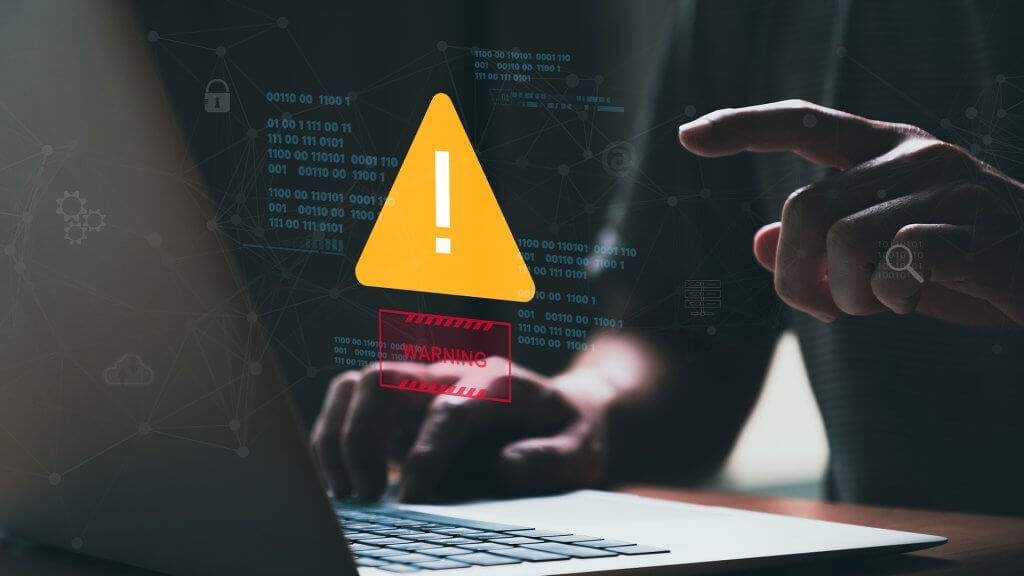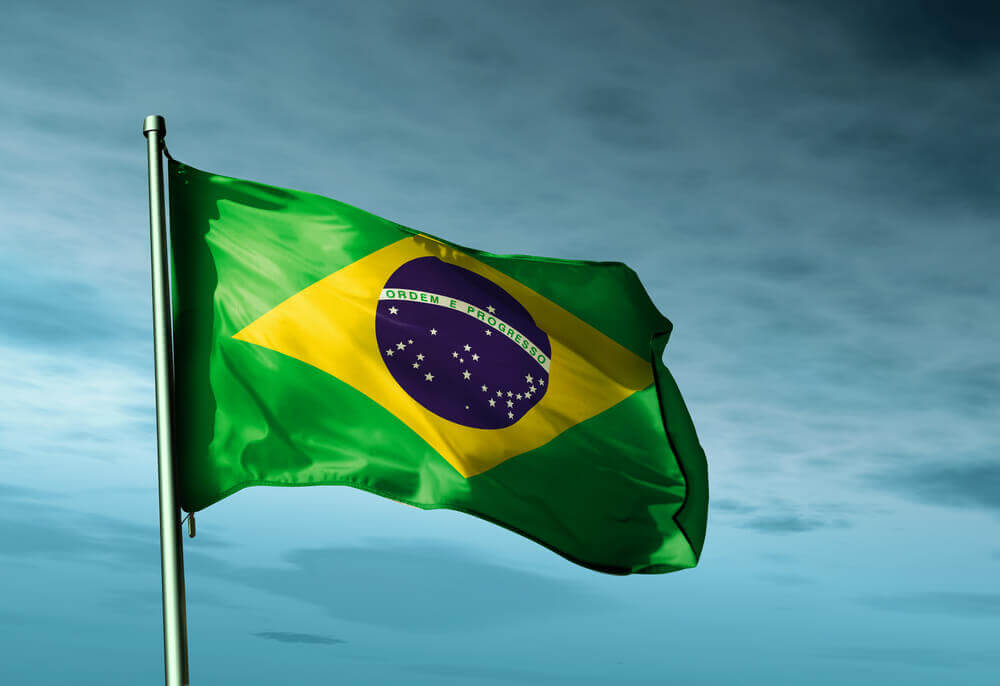
By Evan Wright, Partner, Corporate, Professional & Regulatory at JMW Solicitors
Public inquiries are powerful tools in scrutinising business practices and often come with high stakes for the organisations involved. As a business crime and regulation lawyer, choosing the right witnesses for a public inquiry is critical to ensuring your position is accurately represented. The right witnesses can corroborate your claims, clarify complex issues, and offer credible insights that paint a fair picture of your business. This article will guide you through the key considerations for selecting the most effective witnesses for public inquiries.
Understanding the Role of Witnesses in Public Inquiries
Witnesses play a pivotal role in public inquiries, as their testimonies provide factual context and detail. Witnesses can clarify actions, explain decisions, and demonstrate compliance with regulations, which is especially important when a business’s reputation is on the line. Witnesses do not just recount events—they offer narratives that can influence the inquiry’s direction and outcomes.
Choosing witnesses should therefore be approached thoughtfully. The right witnesses will not only possess relevant information but also have the ability to communicate effectively under scrutiny. This will help in presenting your business’s version of events with transparency and integrity, a factor that often influences public and regulatory perceptions.
Identifying Key Criteria for Witness Selection
Expertise and Knowledge
A witness must have a thorough understanding of the issues being examined. Ideally, witnesses should be selected based on their knowledge of the specific area in question. For example, if an inquiry examines a company’s financial practices, witnesses with financial expertise and familiarity with the organisation’s financial operations will be more impactful.
This criterion helps ensure that the witness’s testimony is informed and relevant. A well-prepared witness can handle complex questions, clarify technical details, and add credibility to the business’s position.
Direct Involvement in the Issues Under Inquiry
Witnesses who have directly participated in or overseen the activities under investigation often have a first-hand perspective that other witnesses cannot match. This involvement adds weight to their testimony, as they can provide detailed accounts that are difficult to dispute.
When considering direct involvement, think about which employees or stakeholders were in positions of authority or oversight during the events in question. They may include senior management, project leads, or team members who executed the relevant tasks. The more directly a witness was involved, the more specific and reliable their testimony is likely to be.
Credibility and Communication Skills
A witness’s credibility is paramount. Even if they possess the right knowledge and experience, witnesses must also be seen as trustworthy. A witness with a questionable background or potential conflicts of interest could undermine your case and potentially harm the business’s reputation.
In addition to credibility, effective communication skills are essential. Witnesses should be able to articulate complex issues clearly, remain composed under questioning, and convey information in a manner that is easy to understand. Practising responses to potential questions can help improve a witness’s ability to communicate effectively and prepare them to handle the inquiry’s demands.
Types of Witnesses to Consider
Once the key criteria are understood, consider the types of witnesses that may provide valuable testimony. Here are several categories that could be particularly useful, depending on the nature of the inquiry.
Internal Employees
For many inquiries, internal employees will form the core of your witness team. Employees with direct involvement in the business areas under investigation can offer insight into day-to-day operations, explain decision-making processes, and verify compliance with internal policies.
When selecting internal employees, focus on those who can address the most pertinent areas of the inquiry. For example, if the inquiry examines health and safety compliance, the company’s safety officer or operations manager might be well-suited to provide testimony. These employees often possess in-depth knowledge that external experts lack.
External Experts
In certain cases, independent experts may be beneficial, especially when technical knowledge is required. External experts can lend objectivity to your case, as they are not affiliated with the company and are perceived as neutral parties. These experts might include consultants, industry specialists, or former regulators who can speak to industry standards and best practices.
Using external experts can also signal to the inquiry that the business is committed to transparency. They can clarify complex subjects that internal witnesses might not be able to explain as effectively. However, the chosen expert witness should have experience in giving evidence to courts or inquiries. Their ability to convey the evidence to the investigation is as important as their technical expertise.
Legal and Compliance Staff
Legal and compliance staff are invaluable when the inquiry concerns regulatory matters. These individuals can provide insight into how the company adheres to applicable laws and policies. As they are typically involved in developing and implementing compliance programmes, they can describe the business’s efforts to uphold legal and ethical standards.
Furthermore, these staff members are often experienced in dealing with regulatory bodies and inquiries, which can help in handling the process smoothly. They can anticipate questions that might arise, based on their understanding of regulatory concerns, and frame responses accordingly.
Preparing Witnesses for the Inquiry
Once the witnesses have been selected, thorough preparation is essential. Witnesses should be briefed on the inquiry process and the types of questions they may face. Preparing them to give accurate, consistent, and honest responses will ensure their testimony is credible and coherent.
Briefing on the Inquiry Process
Witnesses should be familiarised with the structure of the inquiry, the roles of the various participants, the types of questions typically asked, and the procedures involved.
Reviewing Key Facts and Documentation
Witnesses need to review any relevant documents and facts related to their testimony. This preparation helps ensure they can answer questions accurately and confidently. Reviewing these materials also helps witnesses provide consistent responses, reducing the risk of contradictory statements that could harm your case.
Practising Responses
Mock interviews can be an effective way to prepare witnesses. This process allows them to practise articulating their responses and remaining composed under questioning. Witnesses should be prepared to answer questions directly and succinctly while avoiding speculation. Legal counsel can play an essential role in this preparation by helping to refine responses and highlight potential pitfalls. However, witnesses should not be ‘coached’ into giving particular answers to mislead the inquiry.
Practical Considerations in Witness Selection
Beyond knowledge and experience, practical considerations can influence witness selection. Assessing availability, willingness, and support needs is important to ensure the process goes smoothly.
Availability and Willingness
Public inquiries can be time-consuming, and witnesses may need to attend multiple sessions. Check that selected witnesses have the time and willingness to commit to the process. If a witness is reluctant or unavailable, consider alternatives who can provide similar information.
Support and Protection for Witnesses
In some cases, witnesses may need legal support or other protections, particularly if they could face intense scrutiny. Ensure they understand their rights and the legal safeguards available. Witnesses should also be informed of any potential repercussions of their testimony and how these may be managed.
Potential Pitfalls to Avoid
While selecting witnesses, it’s important to avoid common pitfalls that could undermine the effectiveness of your case.
Overloading Witnesses
Overloading the inquiry with too many witnesses can dilute the impact of each testimony. Choose a manageable number of witnesses who can provide comprehensive coverage of the issues. Prioritise quality over quantity.
Conflicts of Interest
Be mindful of conflicts of interest that may undermine a witness’s credibility. Avoid selecting witnesses who have a vested interest in the outcome, as this could lead to bias or a perception of dishonesty. Any potential conflicts should be disclosed to the inquiry upfront to avoid later complications.
Choosing the right witnesses for a public inquiry is a critical task that requires careful consideration. By focusing on expertise, direct involvement, credibility, and practical matters, businesses can represent their side effectively. While the inquiry process can be daunting, a well-prepared witness team can significantly impact the outcome by offering clarity and insight that supports the business’s position. Consulting with legal experts throughout the process is essential to optimise witness selection and preparation, ultimately safeguarding the business’s interests in the inquiry.



















